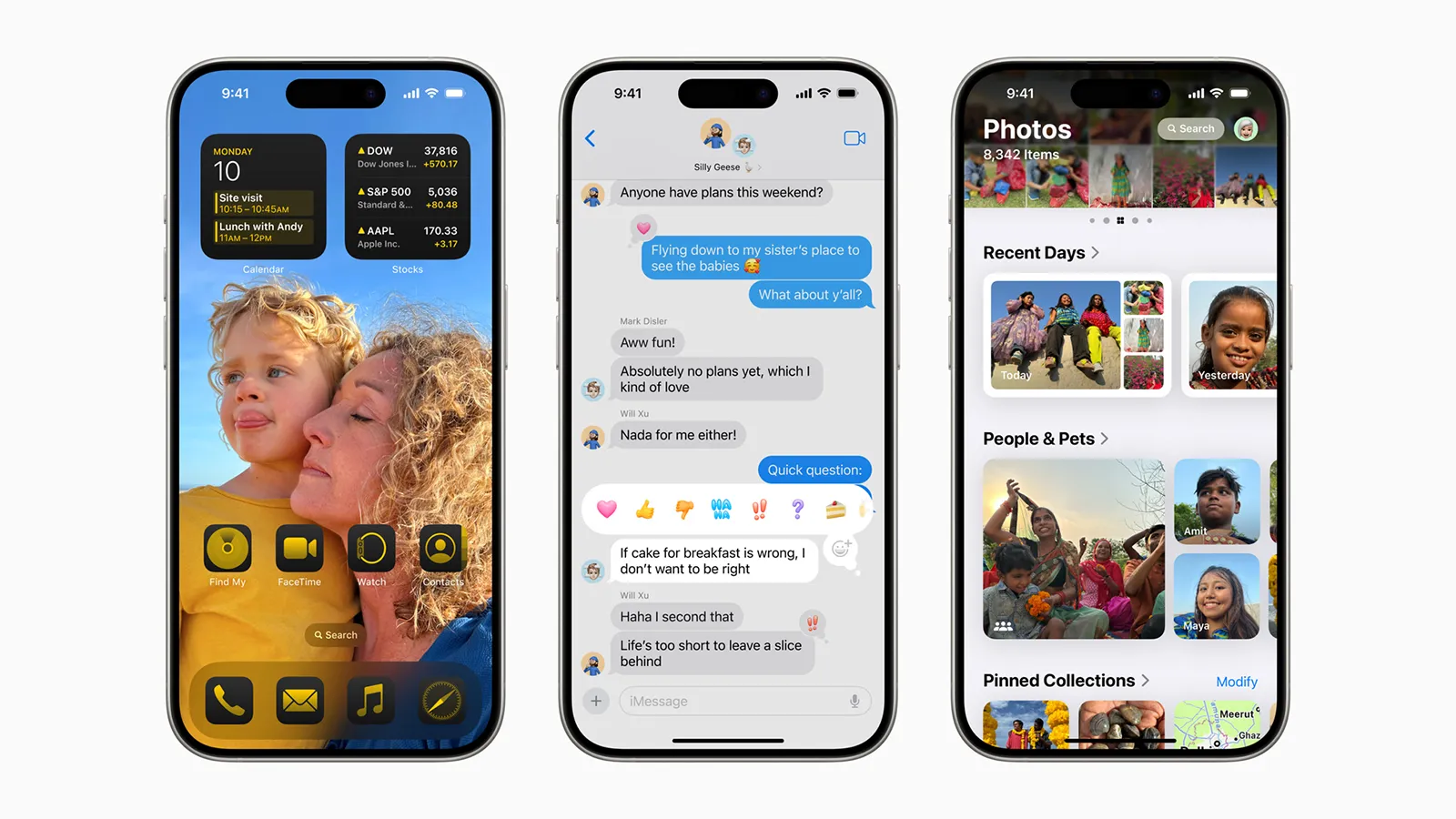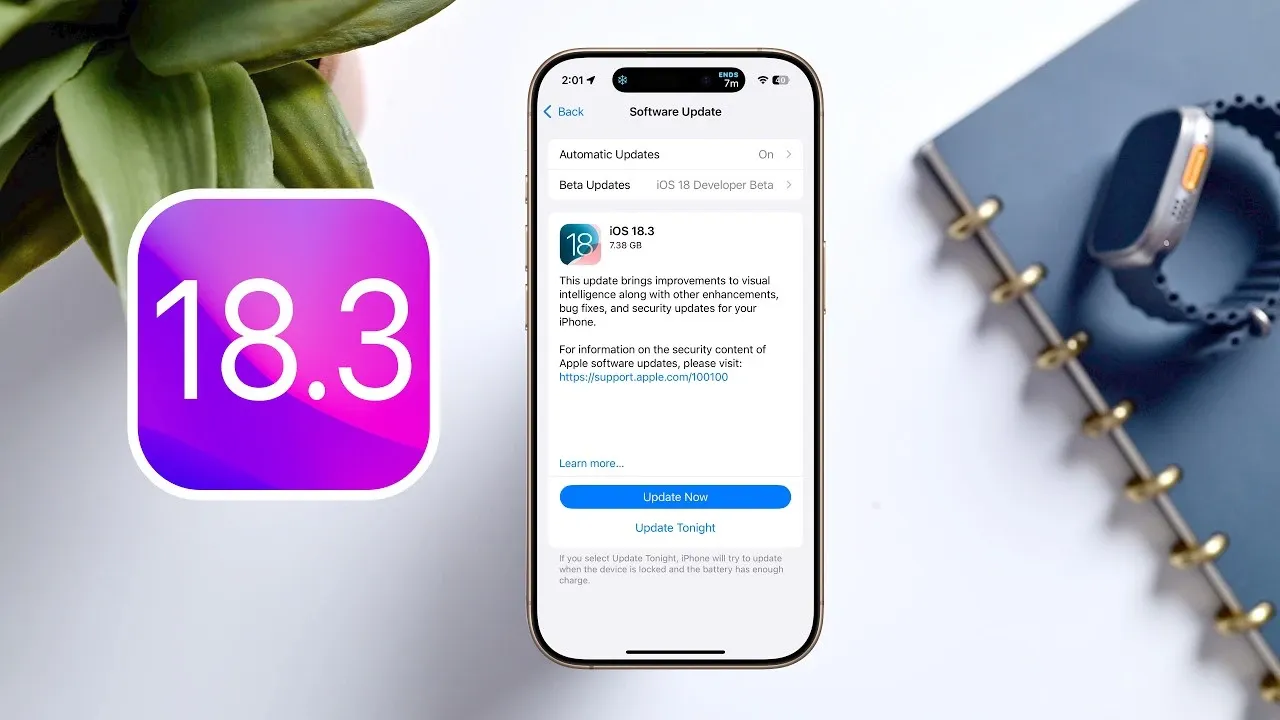Apple’s latest software update, iOS 18.3, may not have introduced groundbreaking new features to your iPhone, but it marked a significant milestone in the evolution of Apple Intelligence, Apple’s suite of AI-powered tools. When Apple Intelligence first launched with iOS 18.1, users were required to manually activate the features. Now, as of iOS 18.3, these tools are enabled by default, signaling a new phase in Apple’s approach to integrating artificial intelligence into everyday technology.

The Ongoing Journey of Apple Intelligence
Despite the default activation, Apple Intelligence is still a work in progress. The latest update, while primarily focused on enhancements and bug fixes, has shown that Apple is far from declaring its mission accomplished. Certain AI-driven features, such as AI-generated summaries for news and entertainment notifications, have been temporarily disabled due to accuracy issues. This decision reflects Apple’s commitment to refining its AI capabilities before fully implementing them.
However, it’s not all about the setbacks. iOS 18.3 has also improved existing AI features. For example, summaries that appear on your iPhone’s lock screen are now displayed in italicized text, making them easier to identify at a glance. Additionally, for iPhone 16 users, the Visual Intelligence feature has been enhanced to recognize text from images and suggest calendar entries—a clear indicator of the practical benefits of these AI enhancements.
The Unfinished Business with Siri
While many aspects of Apple Intelligence are advancing, Siri, Apple’s renowned digital assistant, is still undergoing significant development. The updates have made interactions with Siri feel more natural, allowing the assistant to understand follow-up questions within context better. However, eagerly anticipated features like on-screen contextual awareness and enhanced app integration are slated for future updates, with iOS 18.4 expected to bring further enhancements.

The Competitive Edge: Apple vs. Samsung
Amidst Apple’s updates, the tech industry does not stand still. Samsung’s recent Galaxy S25 launch has introduced new AI features that Apple has yet to match. The Gemini assistant on the Galaxy S25 allows for sophisticated cross-app interactions, setting a high standard for Apple to meet or exceed with its own offerings. This competition not only pushes technological advancements but also sets a benchmark for user expectations in smartphone AI capabilities.
What’s Next for Apple Intelligence?
The integration of AI into iPhone software is an ongoing process, with each update bringing Apple closer to a more seamless AI experience. The forthcoming language support and additional features expected in April highlight Apple’s strategy to expand and enhance its AI offerings, making them accessible to a broader audience.

In conclusion, iOS 18.3 may seem like a minor update in the grand scheme of things, but its implications for the future of Apple Intelligence are profound. As Apple continues to refine and expand its AI capabilities, users can anticipate more sophisticated, intuitive interactions with their devices, ensuring that the Apple user experience remains at the cutting edge of technology. Apple’s journey with AI is far from over, and the road ahead is as promising as it is challenging.









